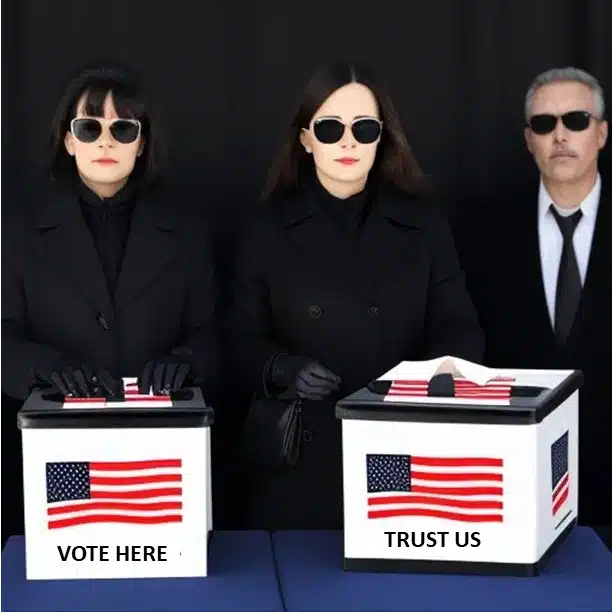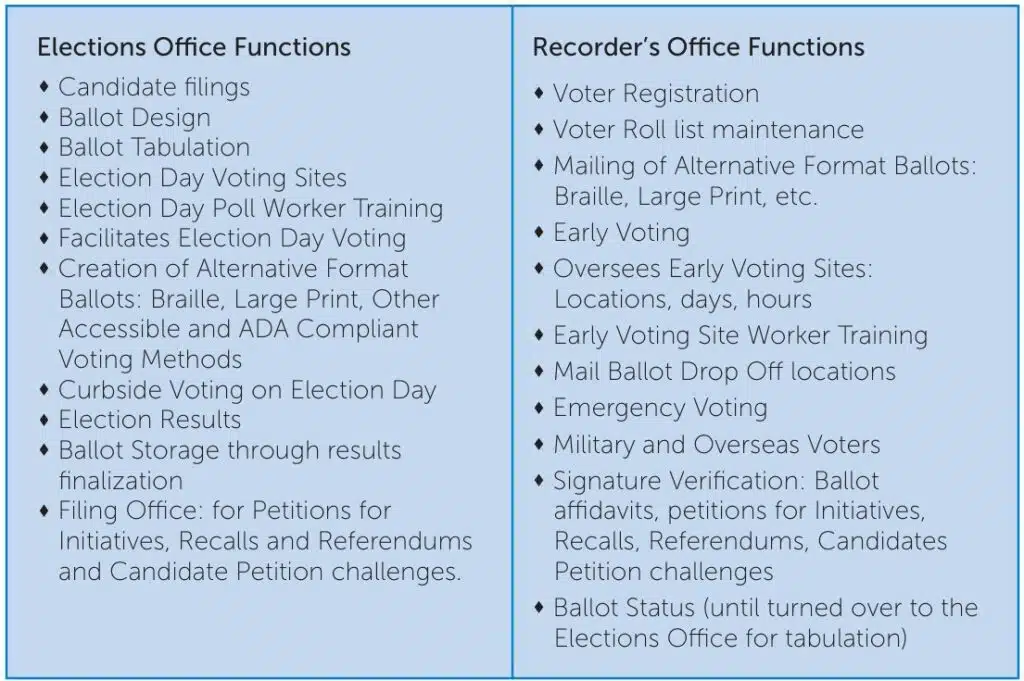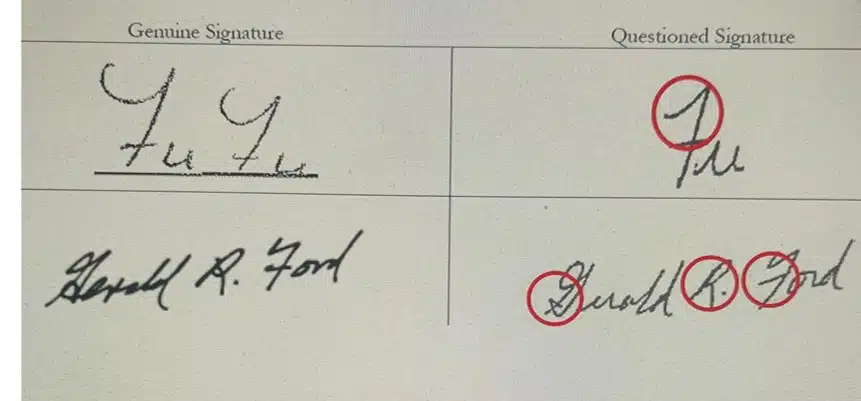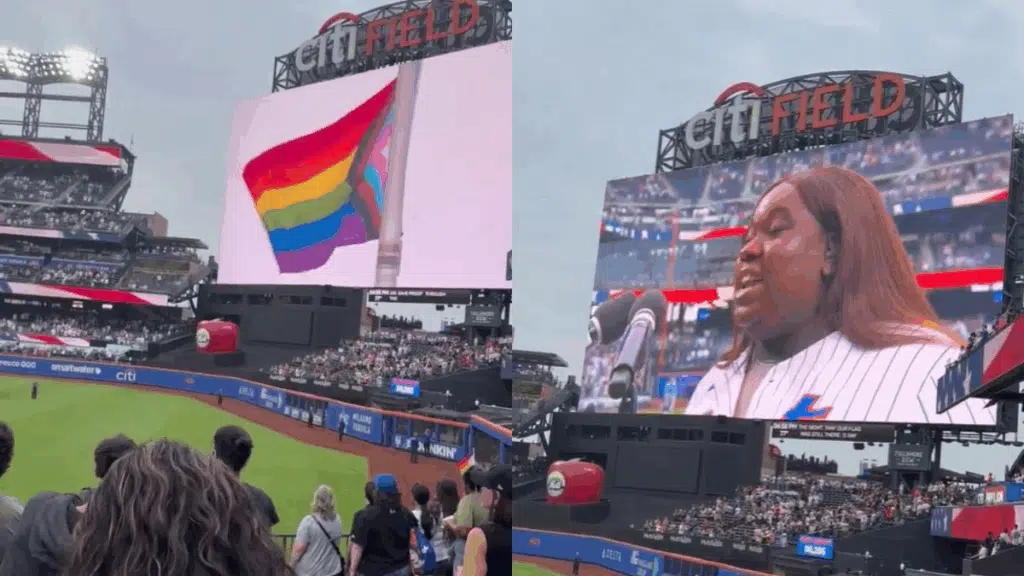
Election Integrity Starts Locally. A Case Study: The Pima County Recorder’s Office, Part One
Never underestimate the cunning of woke leftists.
On seemingly every level, they consistently outmaneuver their Republican counterparts, and it’s impossible to argue against the results. The left has crafted a national election system that many acknowledge is corrupt and broken, but it is almost impossible to fix because no two county systems, let alone state systems, are run in the exact same manner. The brilliance of the left’s election strategy is in the complexity of the system itself. Federal, or even state, election laws are often ineffective due to major differences in election policies and procedures. In short, the only way to fix America’s broken elections is to create rigid national standards, and then address each vulnerability on a local level.
Thus, I present the Pima County Recorder’s Office.
Pima is Arizona’s second largest county, which includes Tucson, and it has the second largest voting age population in the state. It is a Democrat stronghold with antiquated rules designed to maintain super majorities in both city and county government. For example, Tucson’s city council members are not elected within the ward they would actually represent. Instead, they are elected in an at-large general election. This assures that council persons from every ward will always be Democrats, even if they don’t represent the will of the voters in that ward.
In Pima County itself, perhaps the most disturbing aspect of the Pima County Recorder’s Office is the elected official in charge. Gabriella Cazares-Kelly is a poster child for the woke faction of the Democratic party. In 2018, she published a piece titled, “3 Things to Keep Me From Rolling My Eyes at Your White Privilege.” In the article, Cazares-Kelly complains about dealing with a seemingly endless array of “microaggressions and unknowingly racist comments” from supposedly ignorant white people. Incredibly, she finds racism in innocuous remarks, such as, “You’re well spoken” or “articulate.”
That’s the person who is keeping track of the voter rolls and is the custodian of mail-in ballots.
Gives you confidence in the result, doesn’t it?
Elections in Pima County are conducted in an unusual manner with responsibilities divided between the Pima County Recorder’s Office and the Pima County Elections Department, which operates under the authority of the Pima County Board of Supervisors.
According to the Elections Department, election tasks are divvied up like this:

Confused yet? Don’t worry, if you’re not, you soon will be.
In my research, I came across an organization called the Pima Integrity Project, which defines itself as “a group of election integrity researchers in Pima County.” I talked to one of the group’s organizers, Tim Laux, and asked him a simple question: Why are there two different government entities responsible for various election activities?
According to Laux, the Pima County Recorder’s Office only has two areas of responsibility. One is to record official documents, and the other is to maintain accurate voter rolls.
So, the obvious question is why is the Recorder’s Office responsible for mail-in ballots, early voting, drop boxes and signature verification?
“There is really only one answer that makes any sense,” said Laux. “The Elections Office is subject to oversight, but because the Pima County Recorder is an elected position, it is not.”
In other words, the election activities that are handled by the Elections Office are subject to scrutiny from people representing both parties, while the Recorder’s Office is entirely shielded from accountability.
My Quest to Join the Signature Verification Team
According to the Arizona Elections Procedures Manual:
Upon receipt of the return envelope with an early ballot and completed affidavit, a County Recorder or other officer in charge of elections shall compare the signature on the affidavit with the voter’s signature in the voter’s registration record. In addition to the voter registration form, the County Recorder should also consult additional known signatures from other official election documents in the voter’s registration record, such as signature rosters, prior early ballot affidavits, and early ballot/AEVL request forms, in determining whether the signature on the early ballot affidavit was made by the same person who is registered to vote. Other documents within the registration record that may be used for signature verification include, but are not limited to, documents that may be used to amend or update a registrant’s voter registration information such as residence or mailing address.
Bear in mind, the signature verification “experts” are allowed five seconds per signature, and reports in real time claim the actual allotted time is closer to two seconds. In those five seconds, the expert is supposed to recognize these kinds of differences, as outlined in the Signature Verification Guide:

So, with nothing more than a 15-page manual, coupled with a variety of other election-related responsibilities, the people who are hired for these temporary positions are expected to exhibit the skills of Bart Baggett, the nation’s leading signature verification expert.
Looking at the above example, how often do you think the fake Gerald R. Ford signature would be detected in the 5-second examination?
More out of a sense of civic duty than journalistic curiosity, I applied with the Pima County Recorder’s Office for the position of Election Aide, which, among a variety of other duties, includes signature verification. I hoped to be a part of the signature verification team because I wanted to understand who these incredibly powerful people are, and if they shared common characteristics.
You may have already guessed, but I was turned down for the position. I’m sure my disclosure that I was a journalist, who would likely write a piece on election integrity, had nothing to do with it. I was interviewed by three people, who were polite and cordial, but seemed a bit taken aback by my approach. Maybe I didn’t get the job because instead of focusing on the bland questions they gave me in advance, I began asking them my own questions, which seemed to cause some discomfort in the room.
Those questions included:
* Why is the signature verification team hired instead of appointed? Wouldn’t equal representation by members of both parties be more transparent and fairer?
The answer I was given was that they follow rules established by the state legislature and Secretary of State, but to me, that seemed inadequate. When consulting the Elections Procedures Manual and The Signature Verification Guide, I find nothing that requires the County Recorder to hire individuals to verify signatures. Every reference to signature verification in both documents starts with the phrase, “a County Recorder or other officer in charge.” This would imply that a surrogate of the County Recorder can be chosen in any manner the Recorder sees fit.
So, why choose people whose identity and political affiliation remain shrouded in secrecy?
* Why isn’t the political affiliation of those selected for the signature verification team disclosed to the public? The issue with hiring people without vetting political allegiance is that the public has no idea of the composition of the verification team.
The representative from the Recorder’s Office claimed that they were prohibited by statute from revealing that kind of personal information.
You see where this is going? There is no transparency because the job is a hired position instead of volunteer. Therefore, the employee is subject to all the protections and anonymity that government employment provides. The Recorder’s Office is emphatic that political affiliation is not a part of the selection process.
But, I asked…
* What would prevent a nefarious character in the Recorder’s Office from accessing the voter registration data of a prospective Election Aide candidate, and then selecting candidates based on their registration history? With party affiliation data readily available, can one envision a hyper partisan woke Democrat aligned with the radical ideas of Gabriella Cazares-Kelly using said information as part of the hiring process?
Who would be the wiser?
At that point, the person monitoring the interview, Andrea Moreno, suggested I contact the Communications Director to pursue these issues, as they were inappropriate for the interview process.
Fair enough.
It’s not About Cheating, but It’s About Preserving the Ability to Cheat
Look, let’s be clear. I’m not accusing anyone at the County Recorder’s Office of engaging in any unethical or illegal activities related to elections in Pima County. However, like many entities in Democratic jurisdictions across the country that are charged with running elections, there are vulnerabilities and idiosyncrasies in the Recorder’s election methodology that raise questions about the integrity of the process.
The signature verification procedure, which is all that stands between a mail-in ballot being declared valid or invalid, is neither transparent or bi-partisan, and so it raises questions. The largest and most pressing of those questions is why Democrats across the country refuse to implement reasonable measures that would put an end to the election integrity issue once and for all?
There is a lot more to this story, and we’ll get into my interaction with the Recorder’s Media Director in Part 2.
Trust me, you won’t want to miss it because this gets even more bizarre.



